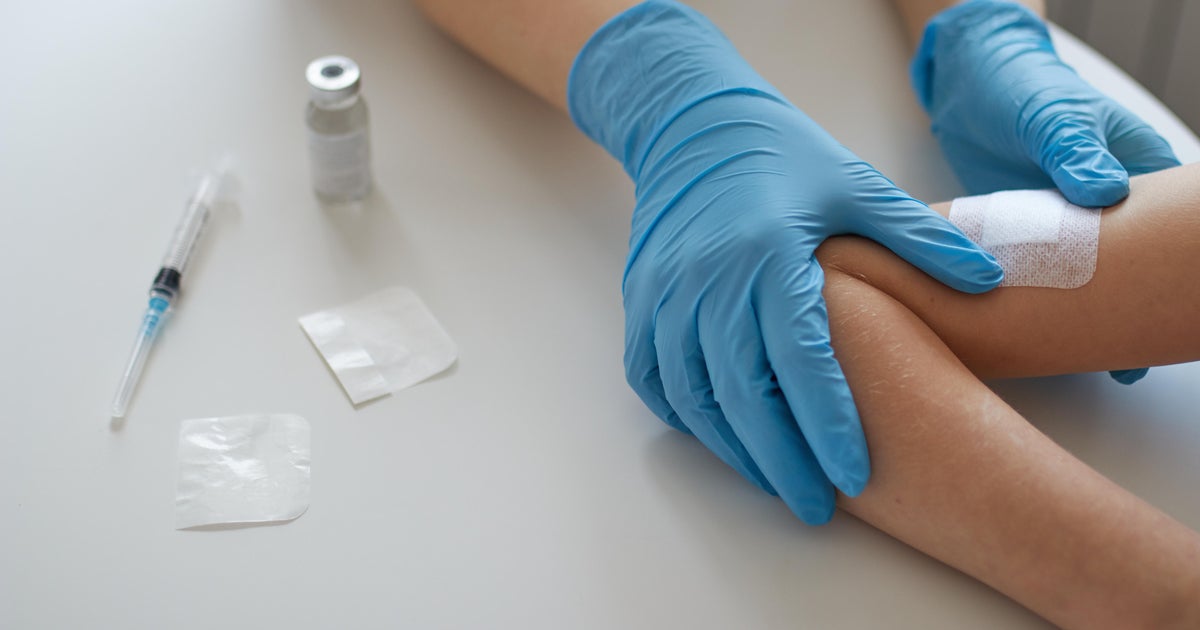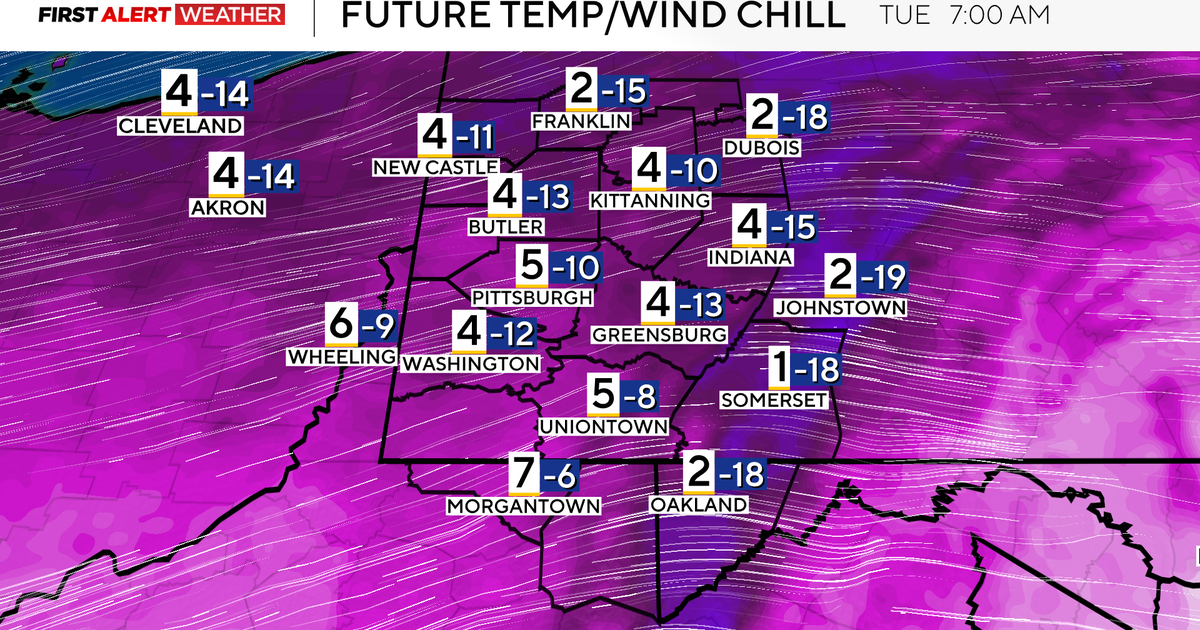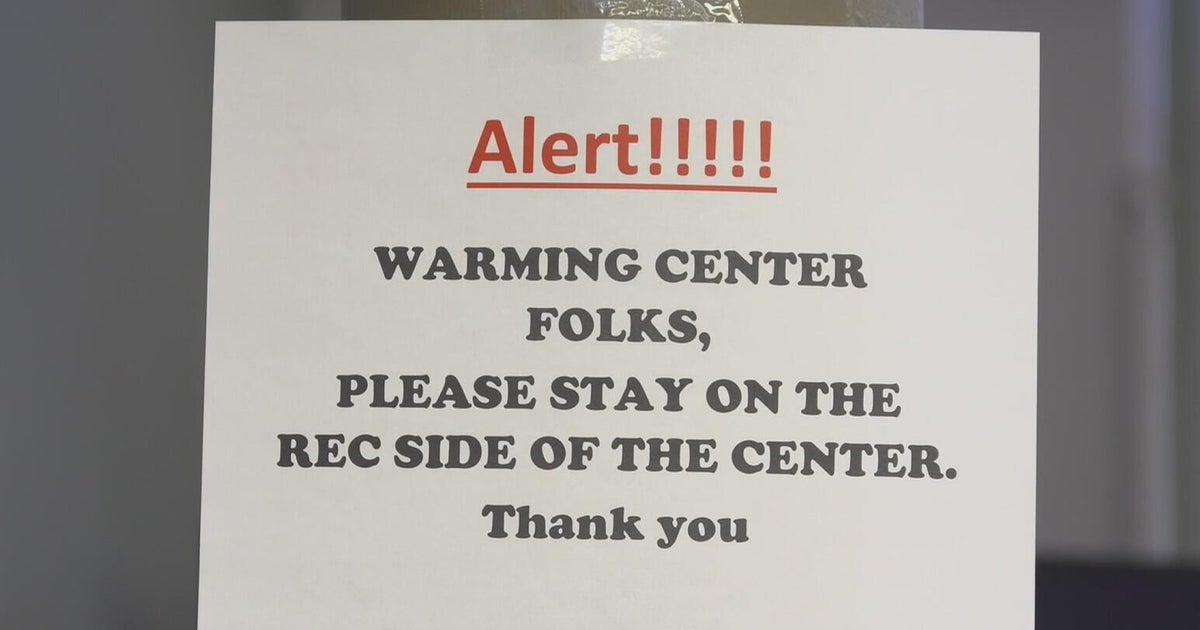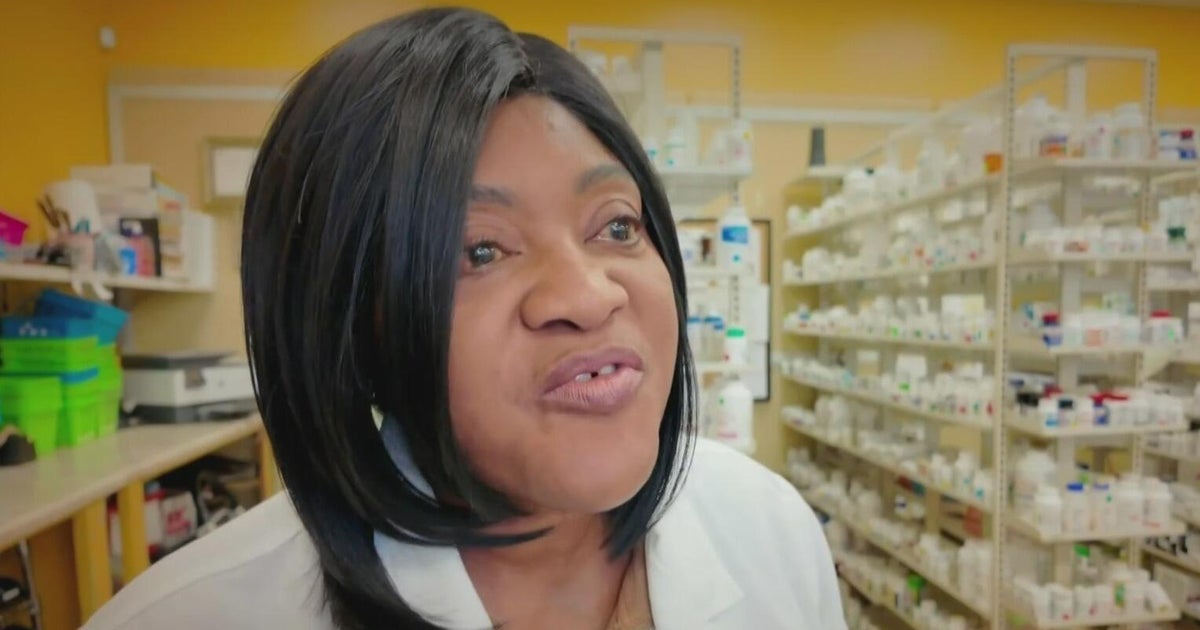CDC warns of the first locally acquired US malaria cases in 20 years
The US Centers for Disease Control and Prevention is warning doctors and public health officials about a handful of locally acquired cases of malaria. There hasn't been a case of malaria caught locally in the US in 20 years.
Typically, if Americans get sick with malaria they've caught it while traveling overseas in areas where malaria is more common. Malaria is a disease spread when the female anopheline mosquito feeds on a person with malaria and then feeds on another.
The mosquito can be found in certain regions in the US, but malaria is still rare in the US. Worldwide there are 240 million cases each year, 95% in Africa.
That could change with the climate crisis. Scientists have been warning people that malaria could become more common in the US as temperatures warm.
Malaria can also spread through blood transfusions, organ transplants, unsafe needle-sharing practices, and from mother to fetus. In the US, before the Covid-19 pandemic, there were about 2,000 cases of mostly travel-related malaria, according to the CDC.
In this case, four people in Florida and one person in Texas seem to have gotten exposed to the disease locally. The cases in the two states don't seem to be related to each other, the CDC said.
The four cases in Florida are all in the same area, so there is active surveillance in the region to see if anyone else gets sick. Public health authorities are also monitoring and trying to control the local mosquito population.
In Texas, while only one case has been identified, public health officials are on the lookout for others and they also trying to monitor the region's mosquito population for the disease.
The CDC says that all the patients with malaria are in treatment and all of them are improving. The last time the US saw locally acquired cases was when eight people got sick in 2003 in Palm Beach County, Florida.
Even with these new cases, the CDC says the risk of catching malaria in the US remains "extremely low." With the busy summer travel season, the CDC said, more people could bring the disease back to the US. The CDC encourages people to use bug spray while traveling and when at home, especially in the warmer summer months.
The CDC also suggests that doctors should be on the lookout for the disease, particularly doctors practicing in the regions where the new cases occurred in Florida and Texas. Symptoms of malaria include fever, chills, headache, and fatigue. People can also get sick to their stomachs. Symptoms typically start about 10 days to 4 weeks after infection, but people can get sick as late as a year after their initial infection.
"Malaria is a medical emergency and should be treated accordingly," the CDC said. Prompt treatment can prevent malaria symptoms from getting worse or even causing death.







